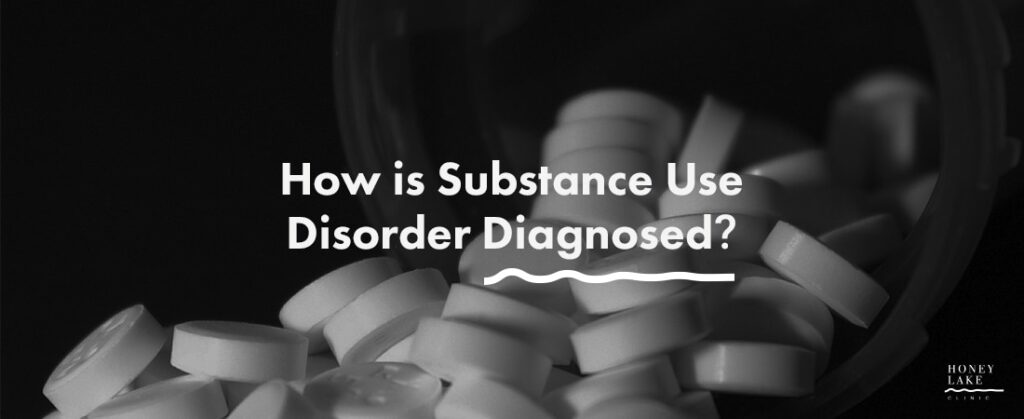How is Substance Use Disorder Diagnosed?
Substance use, substance abuse, substance dependence, addiction—are they all the same thing? More importantly, if you’re facing a substance battle, where can you turn?
These terms were often confused—where is the line between use and abuse, dependence and addiction?
What is Substance Use Disorder? How is it diagnosed?
The Diagnostic and Statistical Manual of Mental Disorders, Fifth Edition (DSM-5), no longer uses the terms substance abuse and substance dependence. Instead, it encompasses them all into the term substance use disorder, which can be defined as mild, moderate, or severe, based upon certain diagnostic.
Take a look at this list. How many of these criteria might be applied to you or the loved one you’re concerned about?
- Using a substance in larger amounts and for longer than intended
- Wanting to cut down or quit but not being able to do it
- Spending a lot of time obtaining the substance
- Craving or a strong desire to use substances
- Repeatedly unable to carry out major obligations at work, school, or home due to substance use
- Continued use despite persistent or recurring social or interpersonal problems caused or made worse by substance use
- Stopping or reducing important social, occupational, or recreational activities due to substance use
- Recurrent use of substances in physically hazardous situations
- Consistent use of substances despite acknowledgment of persistent or recurrent physical or psychological difficulties from using them
- Tolerance as defined by either a need for markedly increased amounts to achieve intoxication or desired effect or markedly diminished effect with continued use of the same amount. (Does not apply for diminished effect when used appropriately under medical supervision)
- Withdrawal manifesting as either characteristic syndrome or the substance is used to avoid withdrawal (Does not apply when used appropriately under medical supervision)
Health professionals look for a minimum of 2-3 criteria to diagnose a mild substance use disorder diagnosis, 4-5 is moderate, and 6-7 is severe.
If you suspect you or someone you love has a substance use disorder, we want to help. To speak confidentially with a certified counselor, please call us at (888) 837-6577.
Having a basic understanding of how substance use disorder is diagnosed is a great start. But it is especially important to realize substance abuse doesn’t just occur in a vacuum. Often the abuse begins as an attempt to self-medicate a deeper hurt. For real healing and recovery, the underlying causes of substance abuse must be addressed. And this is vitally important when you’re choosing a treatment program or facility.
To get at this underlying hurt and bring lasting healing takes a holistic—spirit, mind and body—approach to addiction diagnosis, management and treatment.
Many programs focus narrowly on what can be addressed from a medical perspective. Research, however, continues to show us that spirituality positively influences recovery in many ways. Although this is well known, and medical and behavioral health professionals have been saying addictions are holistic illnesses that need holistic treatment, the majority of programs still refuse to look to God in the healing process.
At Honey Lake Clinic, our experienced doctors and staff strongly believe that faith-based treatment, encompassing spiritual, physical and mental health, will help you or your loved one bring spiritual power and clearer psychological understanding to recovery.
